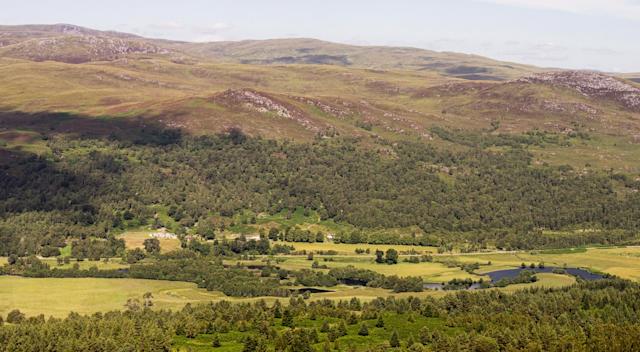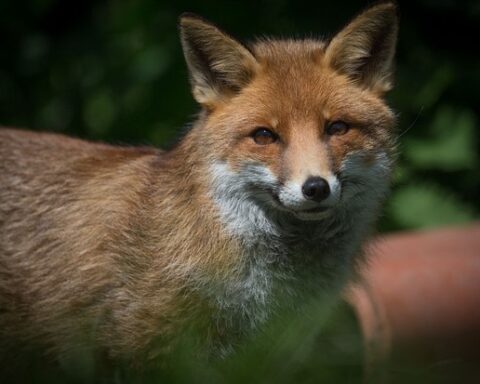Over 80% of Britons support restoring natural spaces to protect native species. The finding is from a YouGov poll released earlier this month.
Of those in favour, 40% strongly supported the idea, and just 5% were against it. Three-quarters of all participants want the government to take more action to reverse the rapid loss of wildlife and wild spaces across the UK.
Current government schemes plan to restore 1% of the country to natural conditions. The YouGov poll found three-quarters of people want that figure increased to at least 5%.
Rewilding the country would involve reintroducing lost species and restoring ecological processes to produce a healthy environment. Over time the area would care for itself without peoples intervention.
The once-controversial conservation method has come a long way in terms of popularity in recent years. Proposals to release apex predators such as wolves and Lynx was not received well by locals. Without local backing, successful rewilding projects were rare.
Chief executive of NatureScot, Francesca Osowska, said, “Some people have taken rewilding to mean ‘Let’s put the clock back, let’s turn back time and turn our landscapes back to how they were before people were part of it.’ And that’s not our version of rewilding.” She continued. “Our version of rewilding is absolutely [that] nature restoration has to be working with people, with communities.”
Local fears had previously run high about job and land loss to nature. However, a survey from Rewilding Britain found that rewilding 5% of England would create 20,000 rural jobs and increase local employment by 50%.
Restoring rivers to a natural, meandering form and preserving bogs could reduce local flood risk. A recent study found the UK has been hit with flash flooding 51 times since 2007. Intensive farming increases water run-off into rivers by up to 20%.
The Knepp Castle Estate in West Sussex has undergone rewilding since 2001 and now boasts an impressive array of endangered species. Previously an underperforming farm, the current owners now make more money with ecotourism than working the land. It is the only place in the UK where the Turtle Dove, Britain’s fastest declining bird, has a growing population.
Later this year, Kent Wildlife Trust plan to release four bison as part of the Blean Woods restoration scheme. The animals will clear old trees and create space for new plant growth. It’s hoped this will encourage the return of heath fritillary butterflies and lesser spotted woodpeckers.



